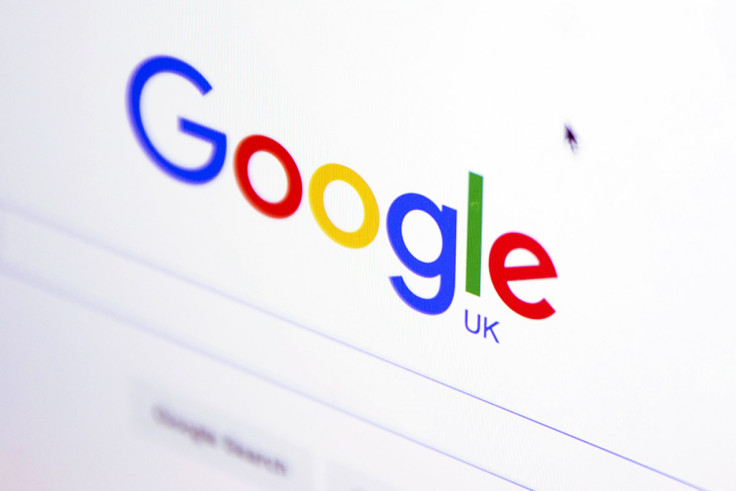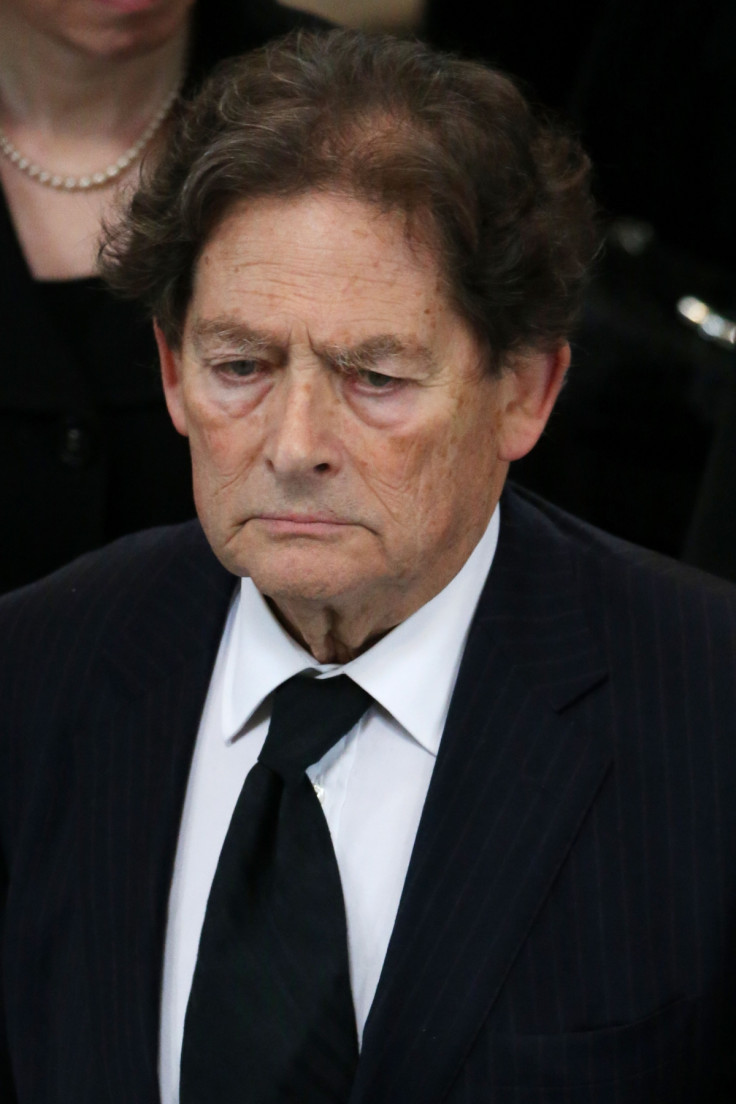Google tax: Lord Lawson calls for radical overhaul of taxes

The Google tax row shows corporation tax is "profoundly unsatisfactory" and should be replaced with a levy on firms' British sales, according to the former Conservative Chancellor of the Exchequer, Lord Lawson. The UK should take the lead on much needed reform, he said.
Lord Lawson who served as chancellor in Mrs Thatcher's government said it was "grossly unfair on smaller businesses" that large multinational companies could shift profits between jurisdictions to avoid paying their fair share of British tax.
"I have long argued that in the modern world corporation tax has had its day as a major source of tax revenue," he told The Telegraph. "It needs to be a much lesser tax, bolstered by a tax on corporate sales."
He added that "sales are where they are, and can't be shifted" and called for the UK to "take the lead in implementing this much-needed reform".
Google's 'sweetheart' tax deal
His comments come after an agreement for Google to pay £130m in back taxes dating to 2005. Praised by Chancellor George Osborne as a "victory" for the government, the deal was condemned by critics.
Calling it a "sweetheart deal" the Labour Party urged the National Audit Office to investigate, while the European Commission has said it is considering a letter of complaint from the Scottish National Party about it.
The row intensified after it emerged that the internet giant was preparing to hand over €150m (£113m, $162.5m) in back taxes to the Italian government, equating to 15% of its €1bn (£760m, $1.08bn) revenues in the country.

French officials are also chasing the internet giant for €500m (£381m, $541.53m) over a similar tax avoidance structure to the one it used in the UK.
As Nigel Lawson, the peer began his term as chancellor in 1983, he introduced tax cuts that initially led to a halving of unemployment from three million. But what became known as the "Lawson Boom" saw a rise in inflation that resulted in interest rates doubling to 15% in the space of 18 months.
They remained high after his 1989 resignation and unemployment returned to the level they were at when the boom began.
Now the peer, who sometimes advises the current chancellor, has called it "profoundly unsatisfactory" that corporation tax has to be collected from large multinational corporations by a series of ad hoc compromise deals and called for the radical reforms.
A senior HMRC official insisted that it was collecting the "full tax due in law".
Google, which makes most of its UK profits through online advertising, paid £20.4m (€26.83m, $29.06m) in UK taxes in 2013, despite the value of its British sales that year being £3.8bn (€5bn, $5.41bn).
The US-based internet giant's European headquarters are in the Irish Republic, which has a lower corporation tax rate than the UK.
In a statement to IBTimes, Google said: "After a six-year audit by the tax authority we are paying the amount of tax that HMRC agrees we should pay. Governments make tax law, the tax authorities enforce the law and Google complies with the law."
© Copyright IBTimes 2025. All rights reserved.





















